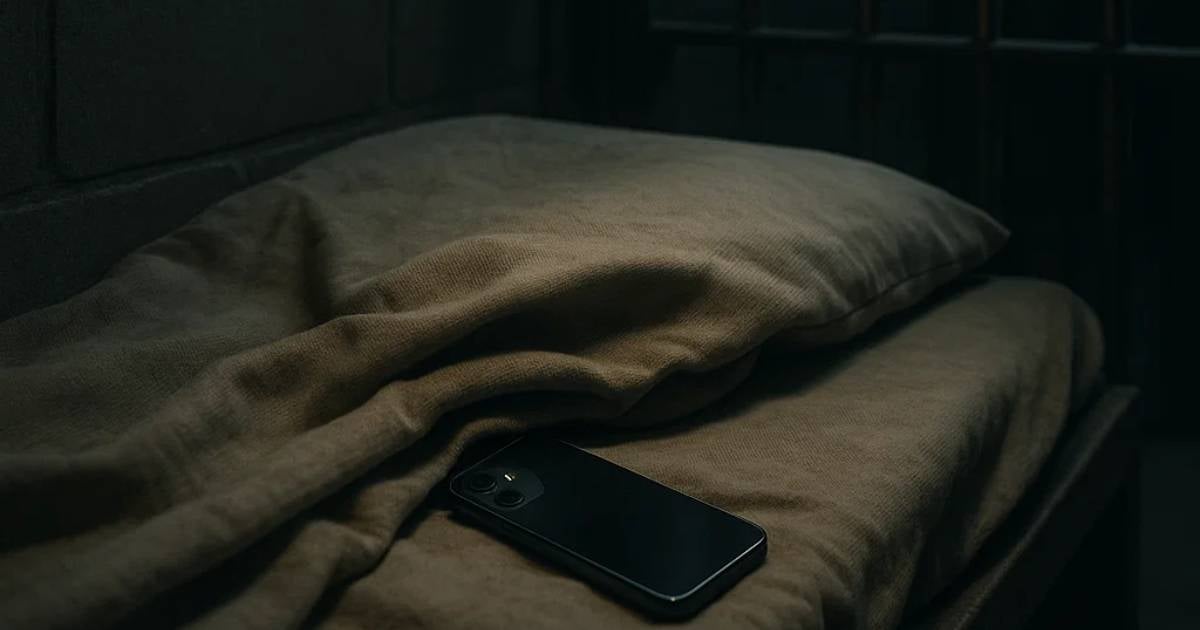An inmate in Florida orchestrated a million-dollar fraud scheme from his prison cell and used some of the proceeds to build himself a house, according to the state's Middle District Attorney's Office. Jared Borgesto Murray, a 41-year-old resident of St. Petersburg, received a sentence of four years and nine months in federal prison for masterminding a $1.2 million scam while serving time for robbery at a state prison in Pinellas County.
What makes this case particularly astonishing is not just the scale of the fraud, but the fact that Murray managed the entire operation from inside the prison using contraband cell phones. Between January 2019 and September 2020, he impersonated numerous customers of a national retailer, making fraudulent purchases by exploiting the victims' lines of credit.
The illegally acquired goods were then sold online at discounted prices, with Murray overseeing every aspect of the operation—from contacting buyers and arranging shipments to receiving payments via bank transfers or checks sent by mail—all from within his cell. Murray did not act alone; he relied on a network of accomplices outside the prison who collected the money and distributed the products. Some of the profits were funneled into building a house in Lake Placid, Florida, which was later seized by authorities alongside more than $43,000 found in his bank accounts.
The case, investigated by the FBI and the Tampa Police Department, highlights significant vulnerabilities within the American prison system, where a resourceful and intelligent inmate was able to operate as though free, inflicting substantial financial damage on a national company. His defense attorney, Maribeth Wetzel, described him in a court memorandum as an example of "misguided talent, missed opportunities, and systemic negligence." She remarked, "This is an unusual case, one that leaves observers saying, 'If Mr. Murray had applied his talents to legitimate business, imagine how far he could have gone.'"
Despite his defense team's efforts to secure a lighter sentence, Federal Judge Steven D. Merryday adhered to the guidelines and imposed the appropriate punishment. The saga of Jared Murray has amazed many due to the sophistication of his fraudulent activities and his ability to run a criminal enterprise from incarceration. For some Cubans, it serves as a reminder of how ingenuity can carve paths even in the most extreme conditions, though in this instance, it's a tale of criminal conduct.
Understanding the Florida Inmate Fraud Case
How did Jared Murray conduct the fraud from prison?
Jared Murray conducted the fraud by using contraband cell phones to impersonate customers of a national retailer and make fraudulent purchases using their credit lines.
What was the outcome of the fraud case?
Murray received a federal prison sentence of four years and nine months, and his illegally acquired house and more than $43,000 in his bank accounts were confiscated by authorities.
Who investigated the fraud case?
The fraud case was investigated by the FBI and the Tampa Police Department.
